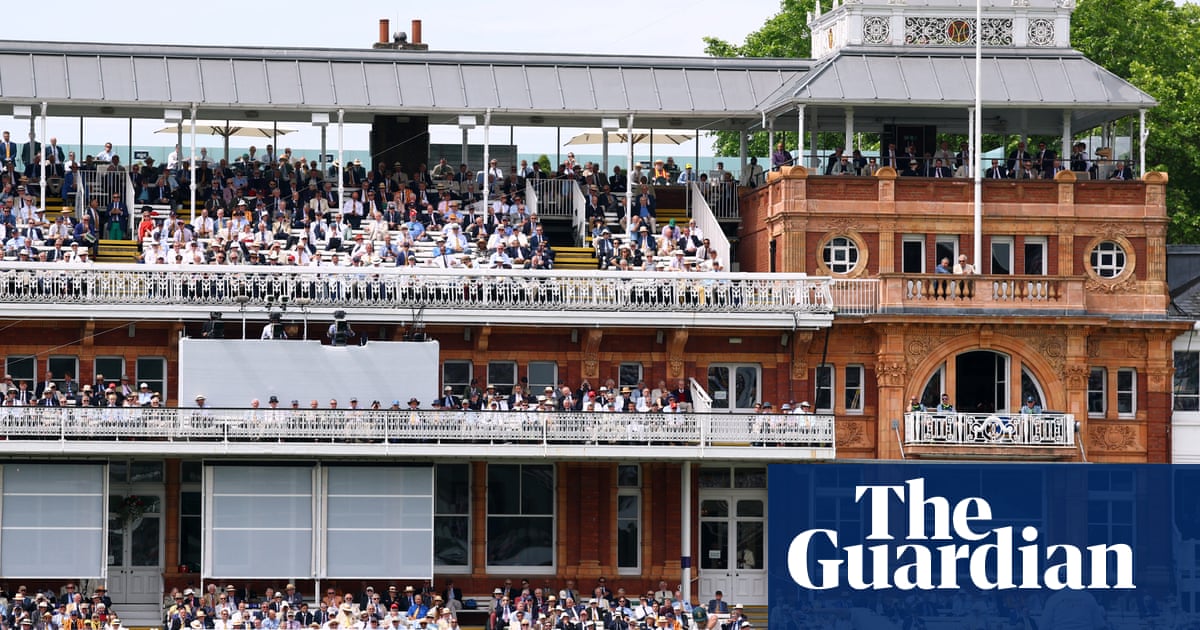The England and WalesCricketBoard (ECB) has joined forces with the Board of Control for Cricket in India (BCCI) to try to thwart a new global Twenty20 league backed by Saudi Arabia.
Under plans that emerged in Australia this year, Saudi’s SRJ Sports Investments has pledged to inject £400m to set up the new league, which would have eight teams playing four tournaments in different locations each year in a set-up that has been compared to tennis’s grand slams.
Cricket Australia is understood to have expressed interest in partnering with the new league and is willing to host one of the proposed tournaments. CA is yet to benefit from a major injection of private capital, with the Big Bash League franchises owned by the governing body and the states.
TheECBin contrast is about to bank £520m from the sale of 49% of the eight Hundred franchises, while Cricket South Africa raised more than £100m by selling franchises in its SA20 competition to Indian Premier League owners three years ago.
During discussions at the World Test Championship final at Lord’s this month, the ECB and BCCI agreed to unite in opposing the new league. The boards agreed they would not issue “no objection certificates” to their players to sign up for the new competition, as well as lobbying theInternational Cricket Council(ICC) to withhold their endorsement.
The positive talks are also a boost for the ECB, which was concerned about alienating India after declining to release Jos Buttler, Jacob Bethell and Will Jacks for the rescheduled IPL playoffs last month due to a clash with England’s white-ball series against West Indies.
The absence of Indian and English players would be a major blow to the competition’s hopes of getting off the ground, particularly given the congested nature of the global cricket calendar and the competition for players. There are more than 20 short-format leagues played over 10 or 20 overs taking place in men’s cricket this year, plus the Hundred.
The ICC has yet to come to a formal position on the new league, but history suggests it is unlikely to go against the wishes of India. The recently elected ICC chair, Jay Shah, was previously secretary of the BCCI and is the son of India’s home affairs minister, Amit Shah.
Sign up toThe Spin
Subscribe to our cricket newsletter for our writers' thoughts on the biggest stories and a review of the week’s action
after newsletter promotion
To complicate matters, however, the ICC has also developedclose ties with Saudi Arabiain recent years. After an initial 18-month deal, the ICC has signed a four-year deal with the state-owned oil company Aramco as its global partner worth £70m a year.
A more diplomatic option for the ICC would be to hinder the tournament’s development after providing its endorsement, by declining to alter its regulations to help it flourish. Under its existing rules all new T20 leagues have a limit of four overseas players from full member nations, which would create challenges for a Saudi Arabian league given the country’s limited domestic player base.
The IPL, Big Bash and Hundred have been successful as the teams have attracted overseas players to supplement the best domestic talent. A new competition featuring seven players from Saudi Arabia or other ICC associate member nations outside the 12 Test playing countries would be far less attractive to sponsors and broadcasters.
